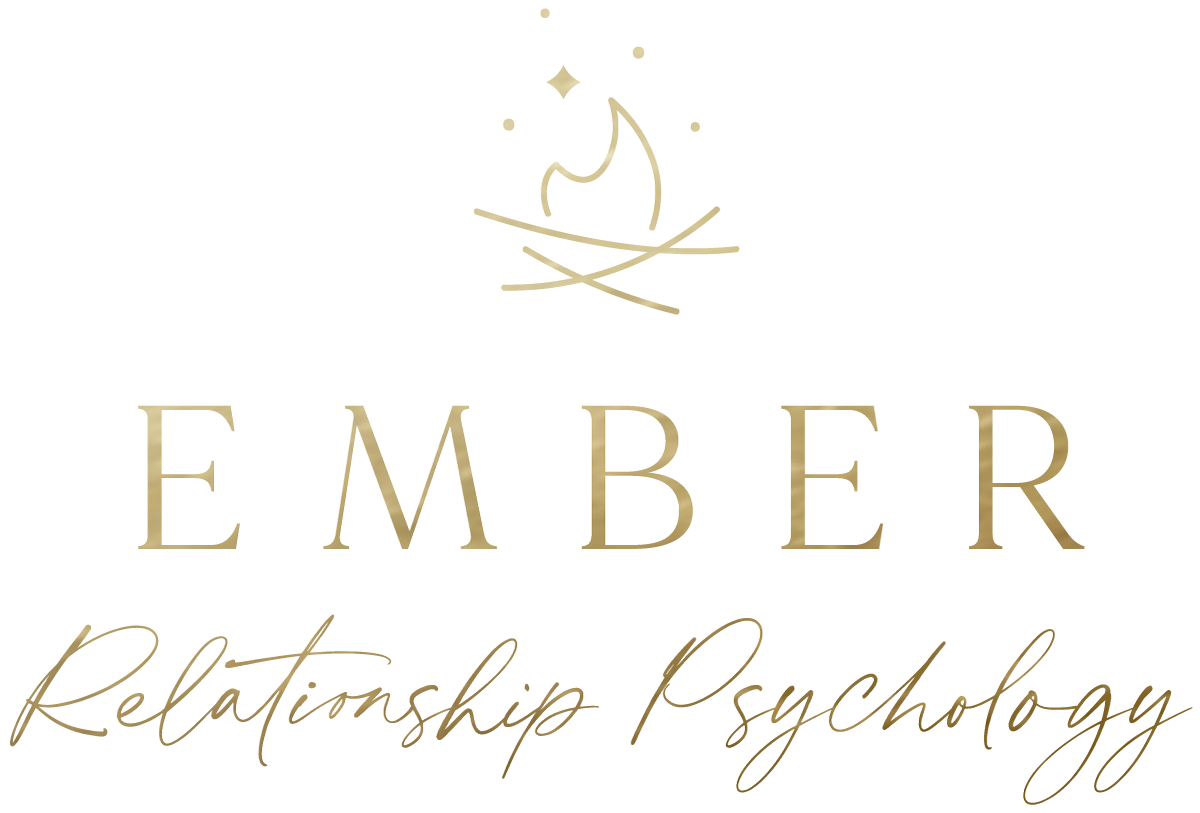2 Secrets You Might Not Know About Emotional Intimacy
by Amber Dalsin, M.Sc., C.Psych.
What Do You Want?
After hundreds of couples therapy sessions, there are a couple themes I have noticed. One is what many of us want from our relationships is emotional intimacy.
I am no different.
Years ago, I went to couples counseling with my long-term partner. We started our relationship very close; we would talk for hours and when apart, we would text. It felt so intimate. As time passed, we could hardly speak to each other.
He suggested we go to couples therapy. The therapist asked us what we wanted. What did I say? “I want emotional intimacy.”
What the therapist said next shocked me. The therapist turned to my partner and asked, “Do you know what emotional intimacy is?” I thought this was silly, I assumed my partner knew since we had once had this wonderful emotional intimacy. To my surprise, he said, “No.”
The First Secret is: many people do not know what emotional intimacy is. If they don’t know what it is, of course they can’t make changes to become more emotionally inmate. Many clients relate to this. Their partner is asking for connection, they would do it if they could, but they have no idea how.
Did you know that most married men consider their wife their best friend and closest confidant? Whereas many women consider a girlfriend who they share thoughts and feelings with their best friend.
Even if your relationship doesn’t feel 100% intimate to you, maybe it is for your partner. And what feels incredibly intimate to you may not feel the same from their point of view.
The Second Secret is: most people who want emotional intimacy create conditions that make their partner fearful to be intimate.
What does that mean?
On the TV show Animal Kingdom, Cath is married to Baz. Baz was adopted at age 12 by Smirf. Cath and Baz began dating when they were teenagers, and they eventually married. However, Cath is often upset because she has to compete with Smirf.
Baz and Cath start taking about having another child and are excited at the prospect. One day, Cath attempts to initiate sex with Baz, and he turns her down. She immediately accuses that Smirf said something. Baz becomes angry and defensive.
What Cath doesn’t realize is that her raised voice, accusatory tone, and harsh words are repelling Baz. We can see Cath’s deep desire to come first in his life, to be the priority and be loved, while her actions push him away.
You may be hurt, feel unloved and disrespected, but if the goal is keeping him close, the environment you create in your pain may push your partner away.
Notice what makes your partner happy and calm.
I had a client who noticed her partner always murmured kind words to their dog. She realized that the dog made her partner feel safe and loved.
Another client realized her husband was very emotionally expressive to their young children. She noticed the children’s excitement to see their father at the end of the day, the way they ran to hug him and snuggled on his lap. The more the children made him feel loved, the more he reciprocated.
Cultivating that feeling of safety, acceptance, and love can set the stage for building your emotional intimacy.
When it comes to creating emotional intimacy…
1. Don’t assume your partner knows what emotional intimacy is. Explain what you need. You can say, “I need emotional intimacy,” but you might need to also explain what you need to feel emotionally close. So, be more specific. You could say things like “Let’s talk about our first date and what we remember,” “Can you share a favorite memory with me?”, or “Can you tell me you love me more often?”
2. Do your part to keep the relationship safe. It takes two to create an emotionally intimate environment.
This blog is not meant to be a substitute for couples therapy or relationship counselling. This should not be construed as specific advice. See a relationship therapist in your area to address your specific problems.

